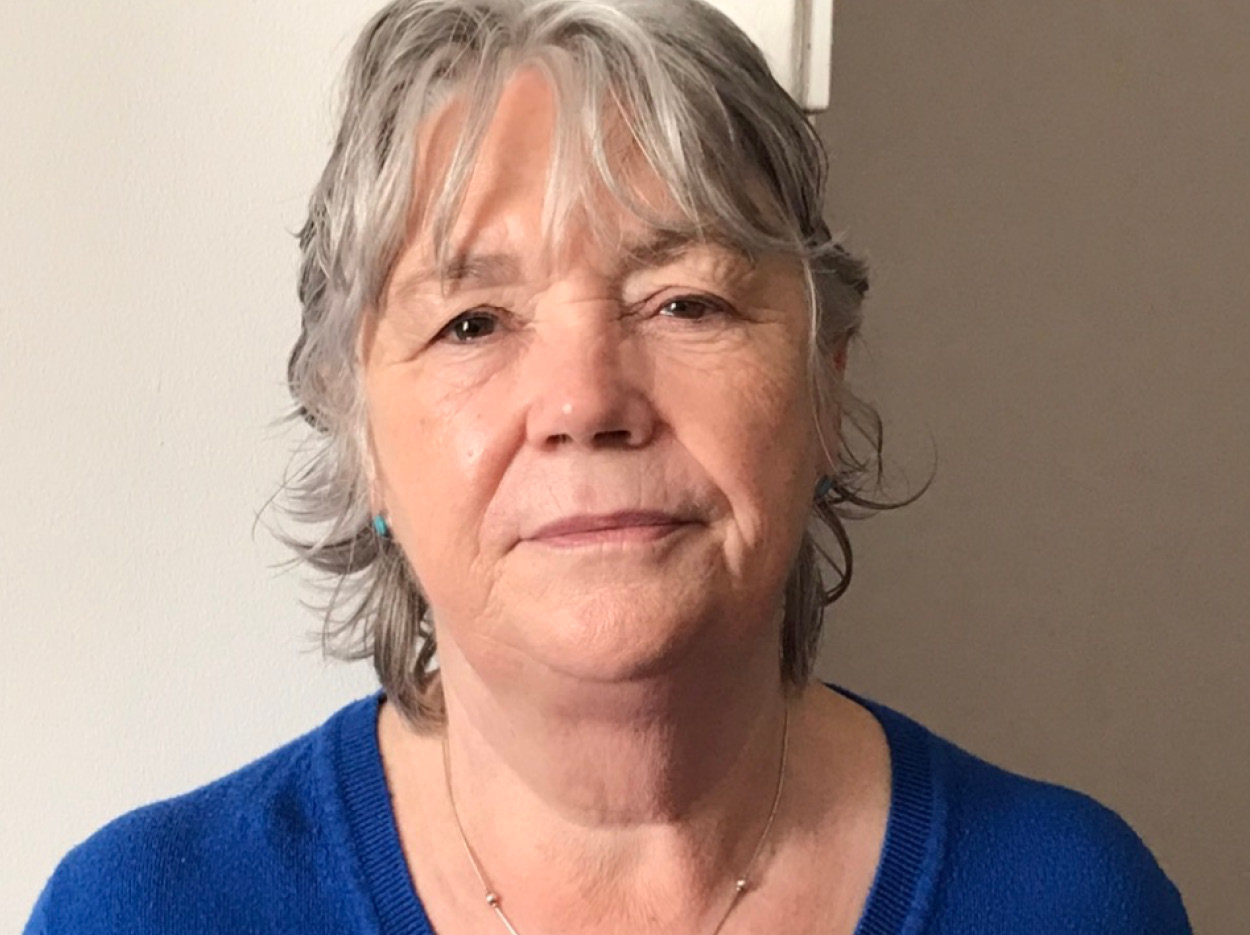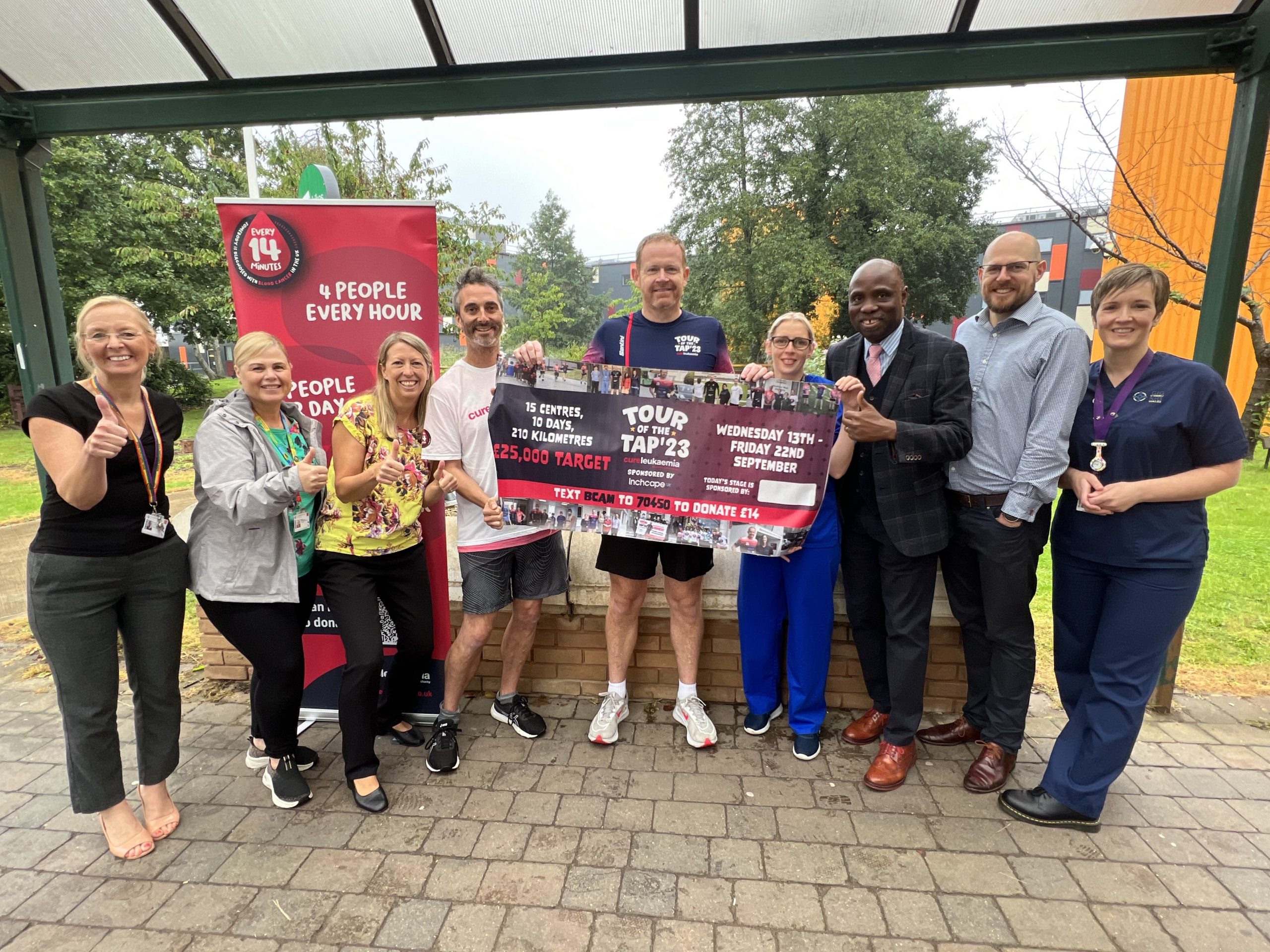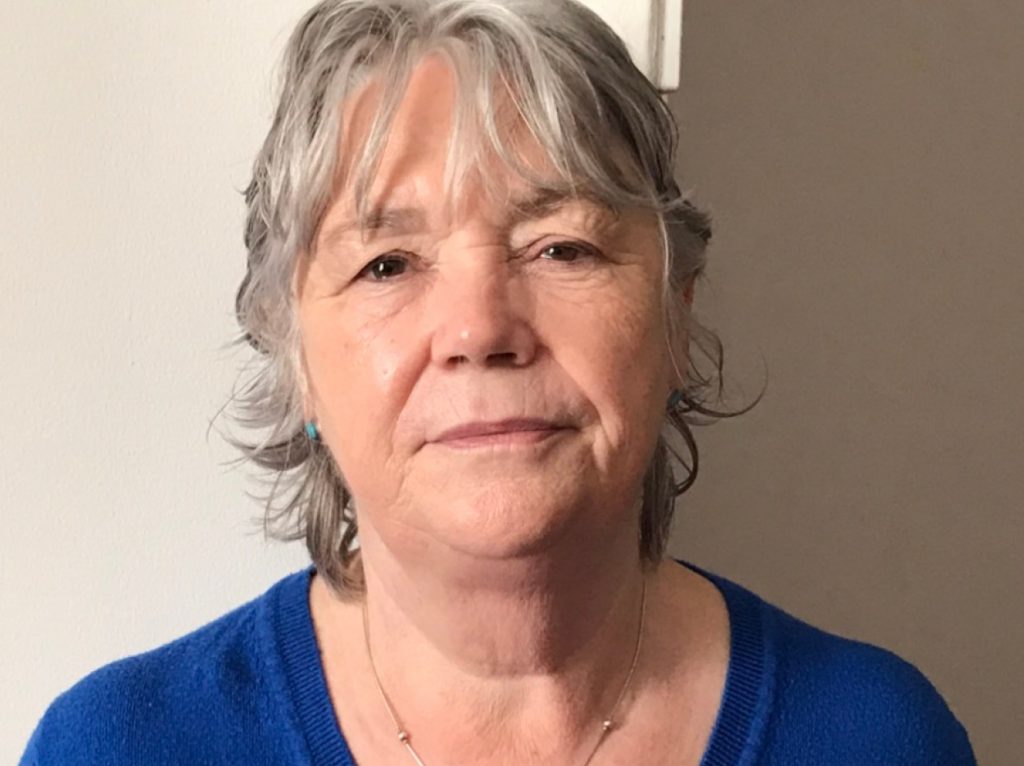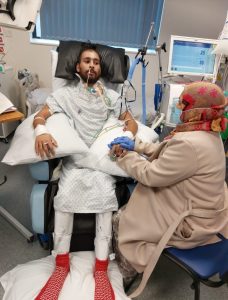
Running TCS London Marathon 2025 in his sister’s memory.
Rupert is running the TCS London Marathon in memory of his sister Grace to raise funds for childhood leukaemia research.

She was then worryingly admitted to hospital with acute abdominal pain and a high temperature where she underwent a series of routine blood tests which returned abnormal results – the values were the opposite one would expect with an infection.
“I was quite ill initially when I was told my blood counts were unusual so I didn’t pay too much attention. However I had a 45 year nursing background and was suspicious I had leukaemia because of the investigations I underwent.”
“Therefore I was not surprised though I was secretly hoping for a less aggressive type than Acute Myeloid Leukaemia.”
Jacqueline was treated with IV antibiotics and sent home on oral antibiotics with an appointment for a bone marrow aspiration a few days later and a Consultants appointment for two weeks after that to go through the results.
“During that time I developed a strange infection involving huge swelling of my face and a severe skin infection. I was sent to A&E but by now my initial results confirming leukaemia were available so I was sent to a haematology ward. I received more IV antibiotics and it was here that they discussed with me that I might be suitable for the Victor clinical trial being run at the University Hospital of Wales in Cardiff (one of Cure Leukaemia’s Trials Acceleration Programme (TAP) Centres).”

The amazing team at the University Hospital of Wales in Cardiff helped to save Jacqueline’s life
The Victor trial being run by TAP Centres across the country compares the combination of two drugs together against the use of intensive chemotherapy and is primarily targeted at patients with acute myeloid leukaemia aged 60 years and older.
The treatment for AML meant that Jacqueline was separated from her family for large periods of time to help prevent further infection.
“Due to the nature of my treatment I had to avoid contact with people to reduce my risk of catching infections. This meant not seeing my family apart from my husband for most of the duration of the treatment. Covid was rife also at the time. I hated losing my hair. I didn’t like the fatigue. I was glad that I was able to have treatment in the day unit instead of being in hospital.”
“I am lucky to have survived it. I am in remission and very well. However I could have been unlucky and died from any one of the many infections I had. My social circumstances meant that I had enough support at home to help me. Not everyone has that.”
“I am also retired so I didn’t have to worry about work and the reduced income that having to stay in hospital would have made on a young patient and their family.”


Rupert is running the TCS London Marathon in memory of his sister Grace to raise funds for childhood leukaemia research.

From Entrepreneur Of The Year to AML Survivor. Moonii shares his AML story with us from when he was diagnosed aged 27.
Notifications